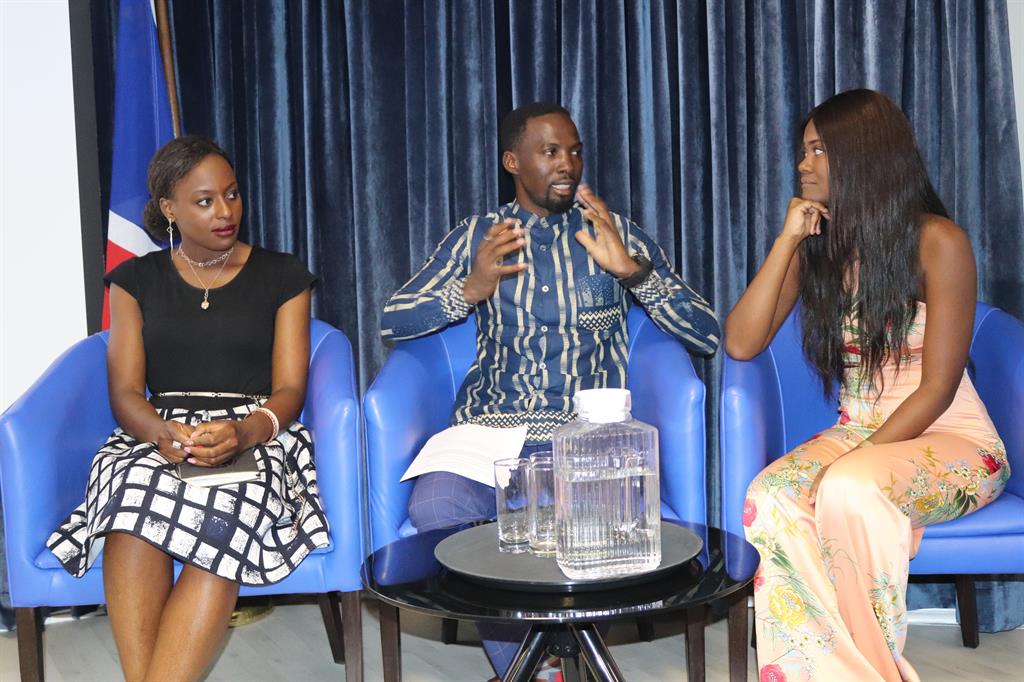Planting the seed in youth
A talk recently held at the American Cultural Centre, hosted by Mandela Washington Fellow Alphons Koruhama, sought to change youth perspectives on farming.
Ester KamatiOn 31 October, a group of young people flocked to the third floor of the Sanlam building, where they heard, amongst others, the story of how Koruhama became a stakeholder in Namibian agriculture.
According to him, it started with his journey of volunteering at a centre in Katutura that gets children off the streets.
From his research in Gobabis, where most of the children are from, he learnt that the children barely get sufficient nutrition at home and thus take to begging in Windhoek.
He then identified a garden structure in Grysblock, Katutura, which he and his team used to “teach the street kids the skills they can take back home and integrate in their communities”.
Project manager Eslien Tsuses spoke about youth perspectives on agriculture, as well as the challenges faced by agriculturalists in the country. Tsuses reflected on the extreme drought that struck her home village when she was young, which led to the loss of many jobs.
Agriculture contributes 5% to GDP in Namibia, and although 40% of produce is produced locally, 56% is imported from South Africa, which leaves little room for farmers to enter the market.
“People are only focussed on ‘I’m trying to produce something’, but don’t look into ‘how better can I produce this’,” she said.
Tsuses added that subsistence farmers are reluctant to seek loans to improve their farming processes.
She advised farmers to formulate risk preparedness strategies.
She said unnecessary losses can be caused by hiring unqualified individuals, who don’t know “how to treat an animal and how to actually grow a crop”.
“I always would advise farmers to make sure they comply with regulations to avoid, at a later stage, to be told to go back and start again, because they were not able to fill out a form or get a permit,” said Tsuses.
She added that farmers need to pay attention to demand, as individuals may often invest in the production of a crop that consumers may not be interested in.
Sophia Komeheke, a receptionist by profession and part-time agriculturalist, discussed the idea of hydroponics, which is a system that does not need a huge farming area. According to Komeheke, this system can be used in a room, and you need not use land, and thus can be established anywhere.





Comments
My Zone
No comments have been left on this article